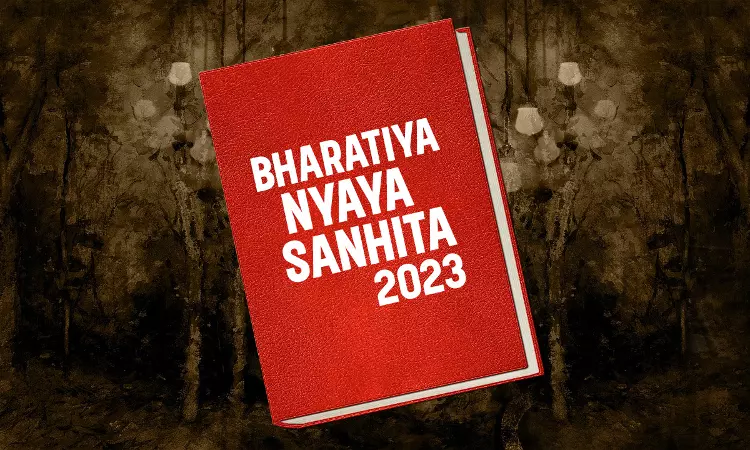The Punjab & Haryana High Court has held that State cannot arrest a person for "organised crime" under Section 111 of the Bhartiya Nyaya Sanhita (BNS) without having any prima facie admissible evidence against him.The new law BNS, which replaced Indian Penal Code, added organised crime as an offence under Section 111, and if the crime results in the death of any person, maximum...

